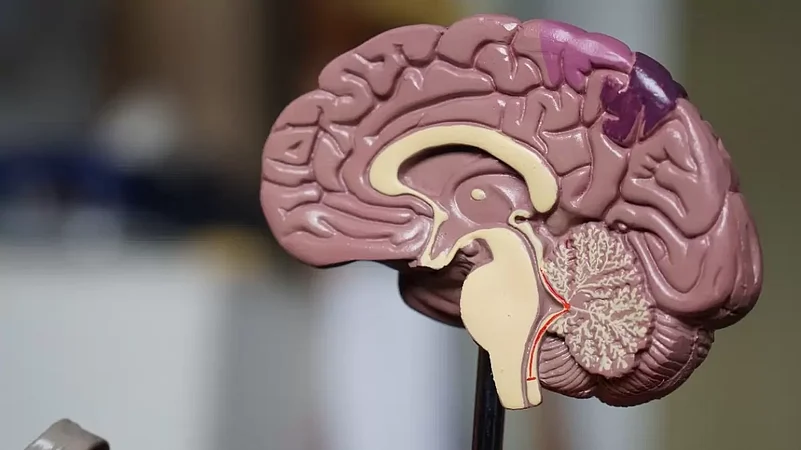
Study links disrupted cerebrospinal fluid flow to increased dementia risk.
Poor sleep and heart conditions may impair the brain’s waste removal system.
Findings highlight the glymphatic system’s role in protecting brain health.
Impaired movement of the brain’s cerebrospinal fluid (CSF), which helps clear waste, could explain why poor sleep and certain heart conditions increase the risk of dementia, researchers have found, PTI reported.
The study, led by scientists at the University of Cambridge and partner institutions in the UK, highlights the role of the glymphatic system — a pathway that uses CSF to remove metabolic waste from the brain. CSF also cushions the central nervous system and delivers nutrients.
According to PTI, the researchers said that when the glymphatic system is disrupted, toxic substances such as amyloid proteins can accumulate. These proteins are known to clump together and form plaques, a characteristic seen in Alzheimer’s disease and other common forms of dementia.
The findings suggest a possible biological link between sleep quality, cardiovascular health, and the development of neurodegenerative conditions, the study noted.
(With inputs from PTI)






















